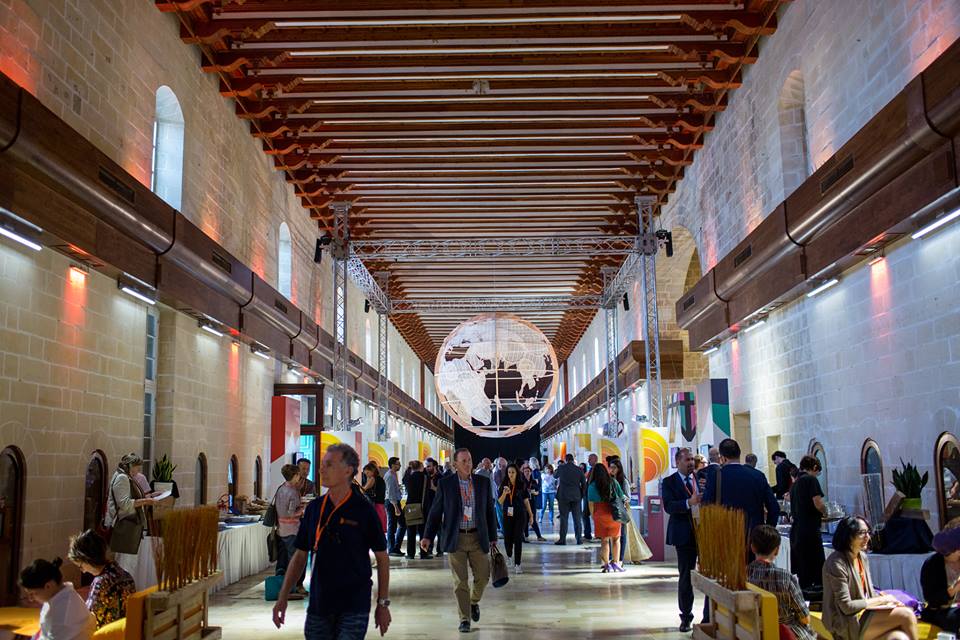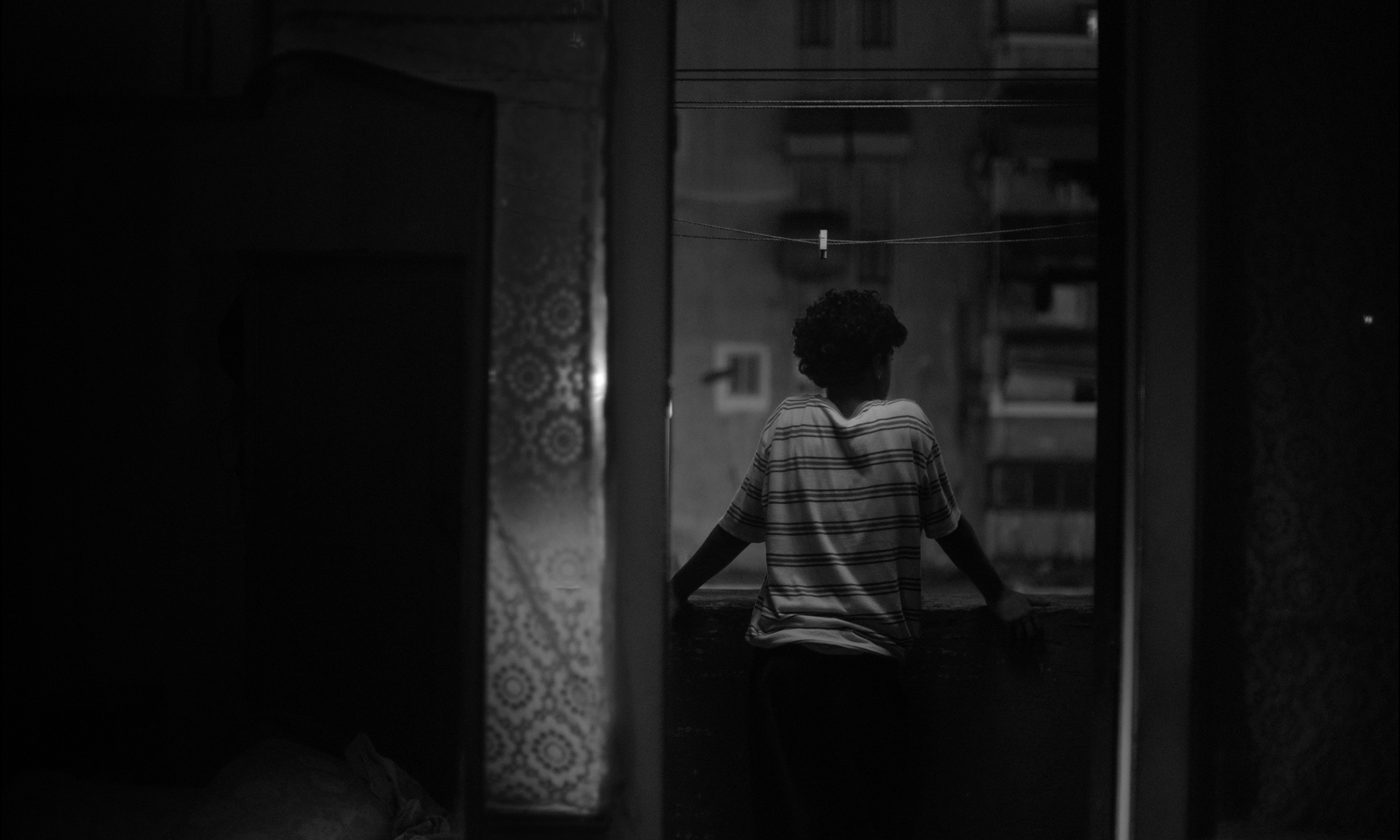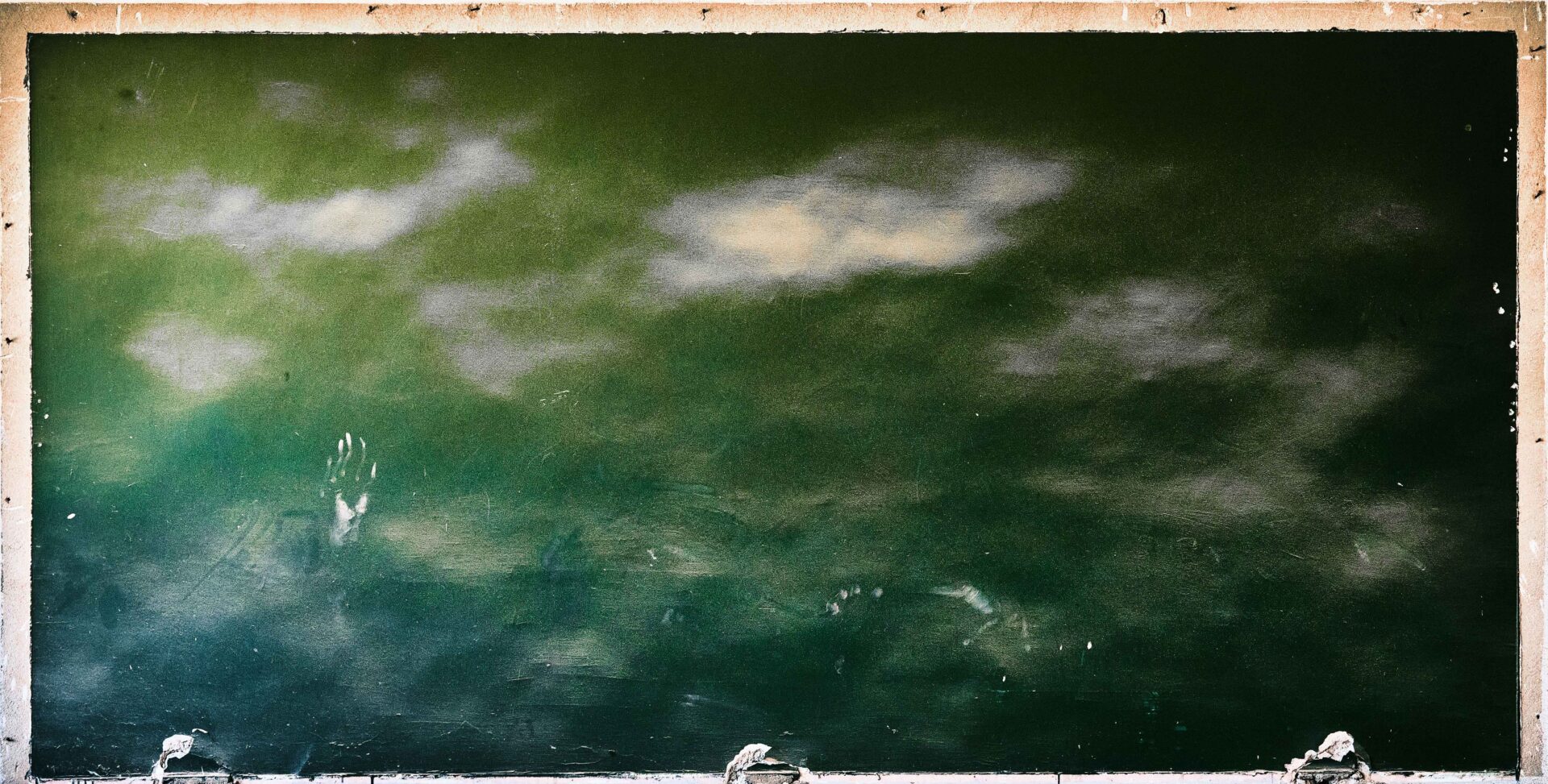The 7th Summit and Arts and Culture, which took place in Malta from 18-21 October 2016, focused on the theme of Cultural Leadership in the 21st Century. With “arts and culture…considered to be at a crossroads – faced with many challenges and opportunities at the global, national and local level such as: the impact of new technologies on the production and distribution of cultural goods and services; threats to global security; new patterns of migration; changing contexts at the national level including austerity measures and continuous requests for reform; aspirations from artists and culture operators to extend their impact and outreach to other sectors, while also struggling to guarantee freedom of expression and ensure cultural diversity”, the summit emphasized the following questions: Who are the key players? How are the decisions being made? Who provides leadership for development opportunities? What does the concept of leadership represent for different cultures and how do we address the needs and expectations of future generations? How do we articulate priorities and who is responsible for innovative solutions and changes? How do governments and civil society share responsibilities and collaborate?
Recognizing that the traditional concept of leadership has changed, the Summit highlighted new models of cultural leadership. Culture Resource’s Managing Director, Rana Yazaji, participated in the panel discussion “What are the key drivers of change and who are today’s leaders?” alongside Photographer and Human Rights Activist, Shahidul Alam (Bangladesh), Director of Canada Council for the Arts, Simon Brault (Canada), and Adjunct to the Director Nacional de Cultura, Aljandro Denes (Uruguay). Moderated by Director of Arts Council of Ireland, Orlaith McBride, Yazji contributed with stories of artists and activists in the region to illustrate how vulnerable change-making processes have become in the region due to dictatorship, occupation and instability. Yazaji suggested various strategies on how change in the region can be applied through/with the help of art and creativity, and on how art can become powerful enough to be a catalyst for change, including finding solutions through the building of international alliances as opposed to just remaining solely focused on the region within, and the need to rethink the current and classical structures within the independent arts sector so that they become more powerful. Yazaji also underscored the need for the collective imagination to take culture forward.
For more, please visit here.





